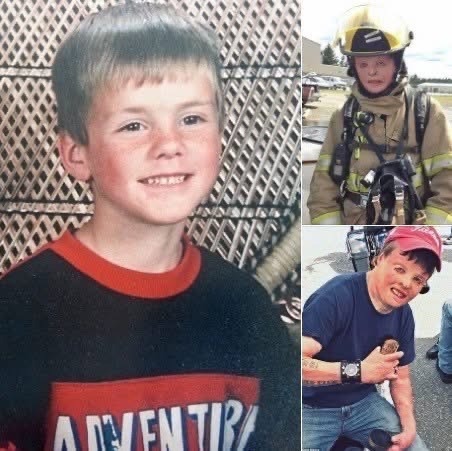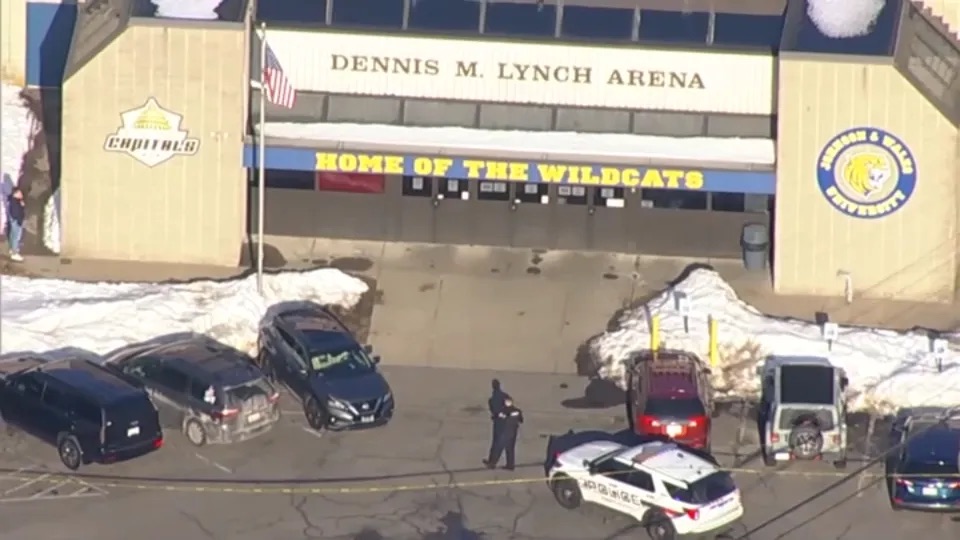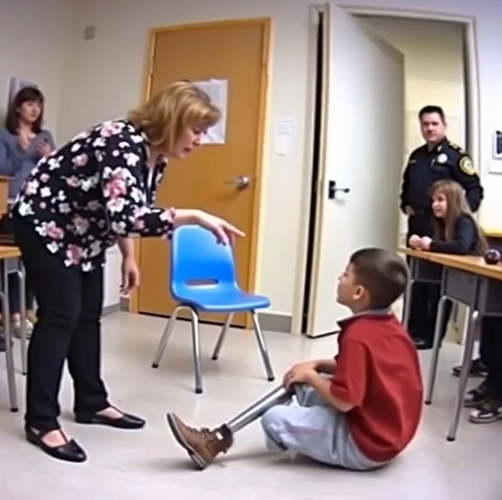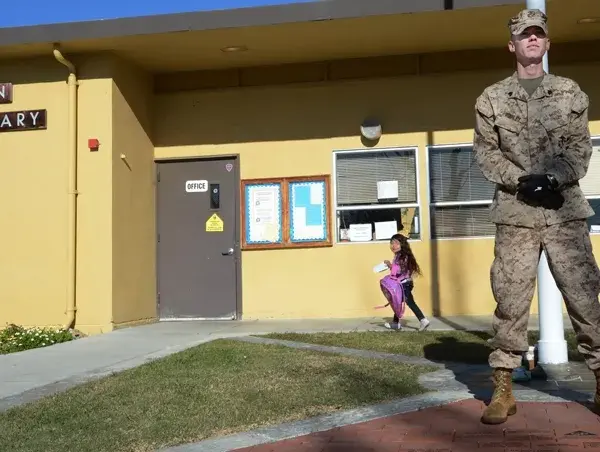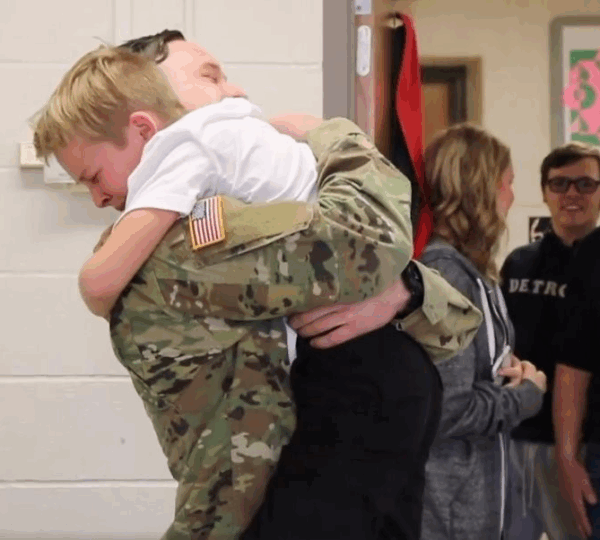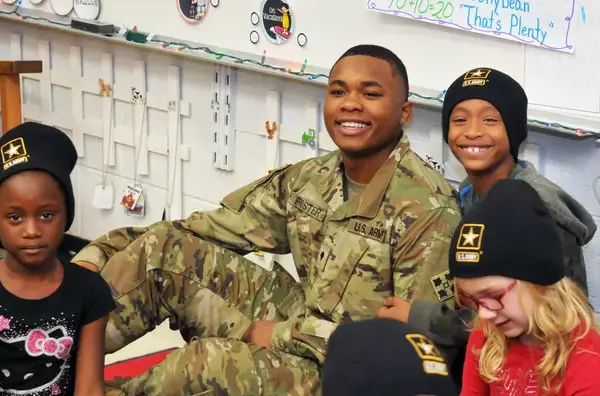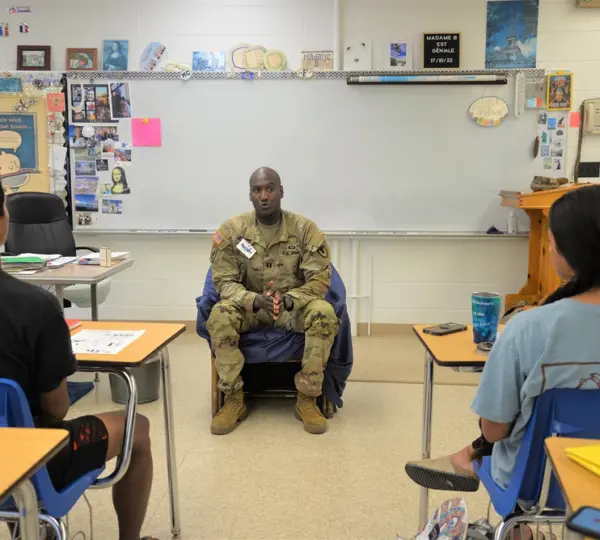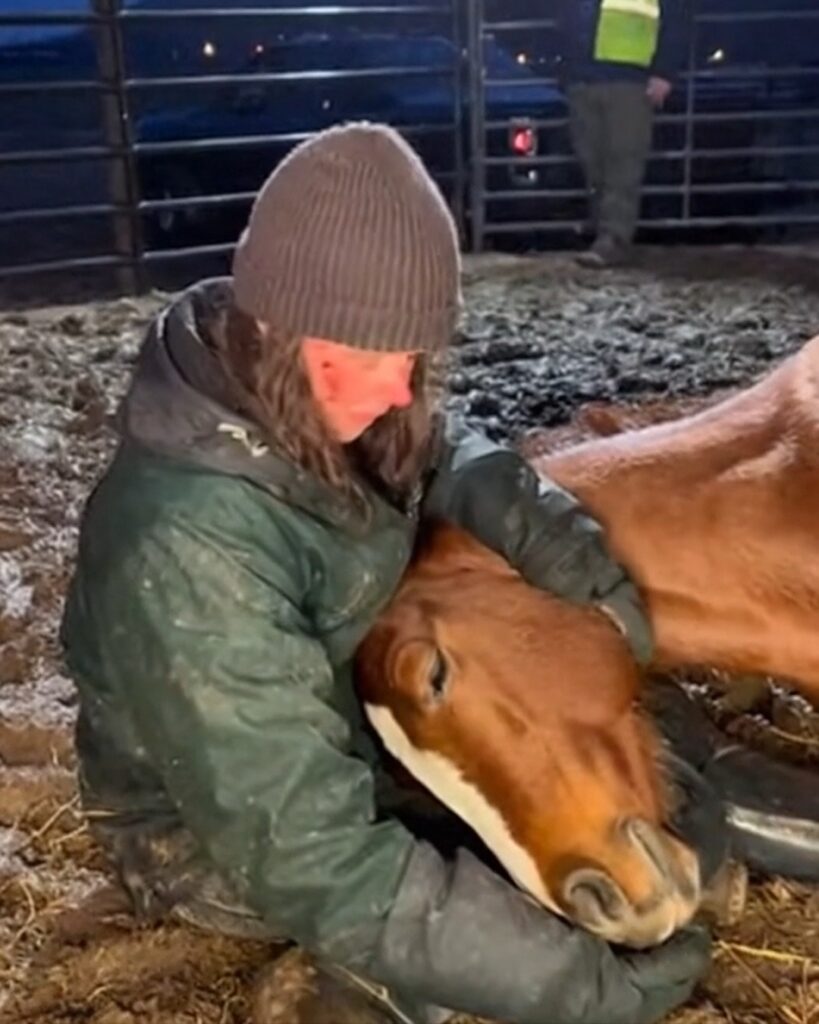

In a highly unusual case that has drawn global attention, a woman in Brazil is under investigation after bringing an elderly man—later found to be unresponsive—into a bank while attempting to finalize a financial transaction.
The moment, captured on video and circulated widely on social media, has raised questions about family responsibility, financial ethics, and the need for stronger safeguards in banking processes.
A Startling Scene at a Local Branch
It all began when a woman, later identified as Erika de Souza Vieira Nunes, entered a bank branch in the western zone of Rio de Janeiro. She arrived pushing a wheelchair carrying an elderly man, whom she introduced to staff as her “uncle.”
According to footage aired by Brazil’s leading broadcaster TV Globo, Nunes appeared calm and composed while explaining that she needed the man to co-sign a loan valued at approximately $3,400 USD. Bank workers began to assist her, but concerns quickly arose.
The individual in the chair remained still throughout the interaction. Staff noted his lack of response and physical stillness and discreetly began inquiring about his condition.
A Conversation That Raised Questions

In the video, Nunes can be heard speaking directly to the man, encouraging him to complete the transaction. She gently placed a pen between his fingers and asked him to “hold it tightly.”
“Uncle, are you listening? You need to sign. I can’t sign it for you,” she says.
At one point, a staff member mentioned that the man didn’t look well. Nunes replied that he had been “like that all day,” and even asked him if he wanted to go back to the hospital.
Despite her efforts to carry on with the process, bank staff felt something was seriously wrong and contacted the authorities for further assistance.
Authorities Intervene and Begin Inquiry

Local investigators arrived on the scene shortly after and initiated a formal review. After evaluating the situation, they determined that the man may have been in that condition for several hours before arriving at the bank.
In a statement to the press, a representative of the local inquiry team confirmed that the matter was being taken seriously and would be examined thoroughly.“We are treating this as a sensitive investigation,” one official said. “Our aim is to understand the circumstances surrounding the visit to the bank, the origin of the financial request, and the true relationship between the two individuals involved.”
Who Was the Man?

The elderly man was later identified as Paulo Roberto Braga, reportedly 68 years old. Officials are conducting a medical examination to determine more about his health status prior to the bank visit. The exact timing of his condition will play a crucial role in understanding the sequence of events.
So far, no definitive conclusion has been drawn regarding how long he had been unresponsive, nor whether he had received any medical attention earlier that day.
Potential Legal Implications
While no official charges have been publicly announced as of now, legal experts say the case may involve a range of possible legal considerations, such as financial misconduct, misrepresentation, or inappropriate handling of personal information.
Authorities will review any documentation linked to the loan application and investigate whether there was any intention to deceive. They are also working to determine if additional individuals may have been involved, including other family members.
Public Reaction and Media Coverage

The video, which quickly went viral after being broadcast, sparked intense public discussion. Many viewers were stunned by the nature of the footage, while others expressed concern about elder care and financial exploitation.
Online, the case has drawn comparisons to fictional scenarios involving deception, but experts are urging the public to treat the situation with the seriousness it deserves.“Regardless of the viral nature of the clip, this is a matter that affects how we protect vulnerable people—financially and physically,” one elder rights advocate commented.
Ethical Questions and the Need for Safeguards
This case raises important ethical questions about consent, caregiving, and documentation. How can banks ensure that all parties involved in financial agreements are fully capable of providing informed consent? How should caregivers be monitored or supported in managing financial matters?
Banking institutions in Brazil are now facing renewed calls to implement stricter in-person verification protocols, especially for vulnerable clients. Some have already announced that they are reviewing internal training to ensure employees are prepared to respond to similar incidents in the future.
What Comes Next?
Investigators are now focused on gathering all relevant details, including:
- The timeline of the elderly man’s health condition
- The origin and intent of the loan request
- Confirmation of familial ties between Nunes and Braga
- Any supporting documents or witnesses that could shed light on the situation
As part of the ongoing inquiry, officials are also reviewing surveillance footage, speaking with neighbors, and consulting medical professionals.
Final Thoughts: A Case That Demands Reflection
Though unusual in nature, this situation highlights deeper societal issues—from how we treat aging individuals, to how financial systems verify transactions involving dependents or caregivers.
It also reminds us that behind every viral video is a human story—often more complex than it first appears.
